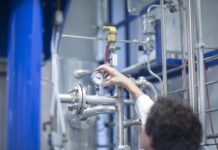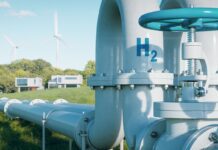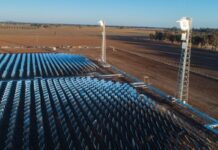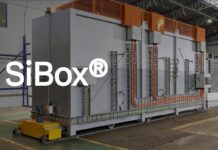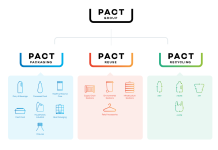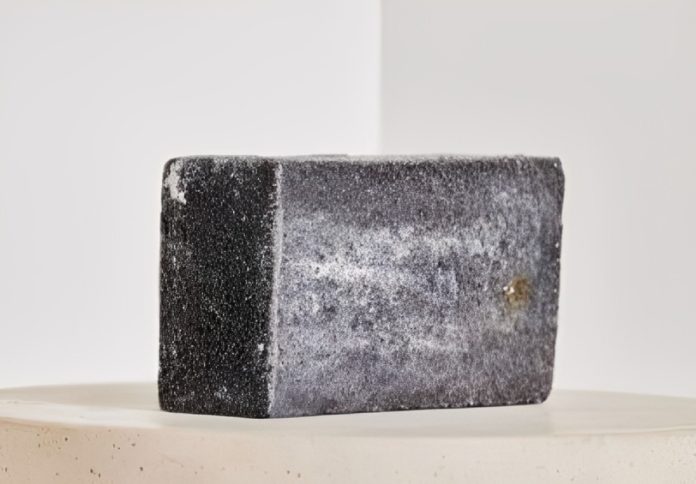
Australian energy storage company 1414 Degrees Ltd has announced the acquisition of an exclusive global licence for George Washington University’s patented silicon nanoparticle technology (SiNTL), paving the way for potential advancements in lithium-ion battery manufacturing.
According to 1414 Degrees, the SiNTL nanotechnology developed by Professor Michael Wagner and his team at George Washington University enables the production of aluminium-coated silicon nanoparticles that may deliver higher energy density, faster charging, and longer cycle life than conventional graphite anodes.
The company said the acquisition extends its expertise in silicon innovation and manufacturing, complementing its existing SiBox, SiBrick, and SiPHyR technologies.
It added that it plans to establish a commercialisation pathway, targeting engagement with Original Equipment Manufacturers (OEMs) by late 2025.
“The acquisition of exclusive global rights to the SiNTL technology aligns with 1414 Degrees’ ongoing commitment to continuous development of its evolving product suite and represents an opportunity to add to shareholder value,” said Dr Kevin Moriarty, Executive Chairman of 1414 Degrees.
“With a clear pathway to OEM engagement and commercialisation in the next 12–18 months, we see SiNTL as a compelling opportunity to expand beyond thermal energy storage into the fast-growing global battery market.”
According to the company, the SiNTL process operates at low temperatures between 125°C and 180°C and avoids hazardous gases such as HF and SiH?, potentially simplifying manufacturing scale-up and regulatory approvals.
1414 Degrees said The process has been independently verified as compatible with existing anode manufacturing lines.
Professor Michael Wagner, inventor of the SiNTL technology, said the innovation was designed to address the instability caused by silicon anode expansion during battery charging.
“By forming an ultra-thin aluminium coating in-situ during low-temperature synthesis, the process produces stable silicon nanoparticles that are compatible with existing anode manufacturing methods,” Wagner said. “This could enable broader integration into commercial battery lines.”
1414 Degrees also announced it has received firm commitments to raise $1.214 million (before costs) via a placement at $0.042 per share, supported by existing shareholders and institutional investors. Peak Asset Management acted as the sole Lead Manager for the placement.
The content of this article is based on information supplied by 1414 Degrees Ltd. For more information, please refer to the official company announcement and communications from 1414 Degrees. Please consult a licensed and/or registered professional in this area before making any decisions based on the content of this article.


